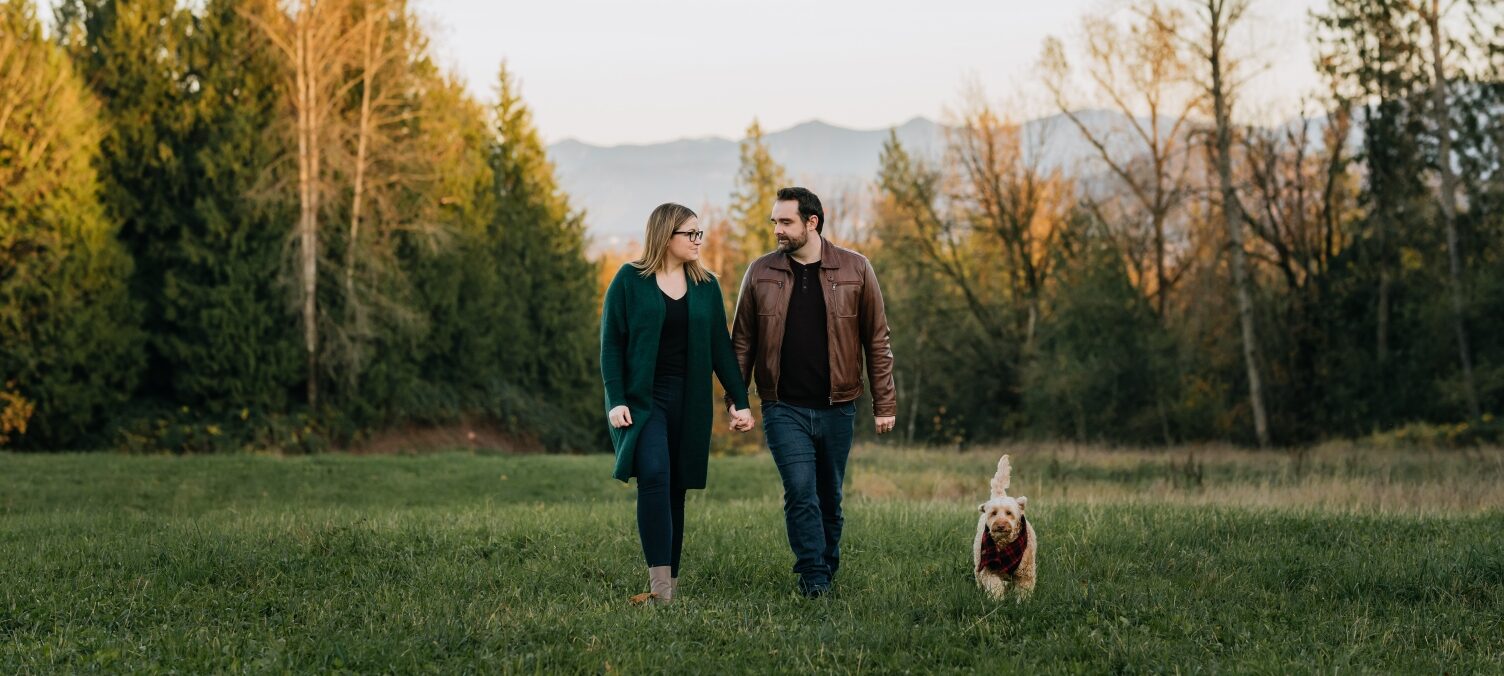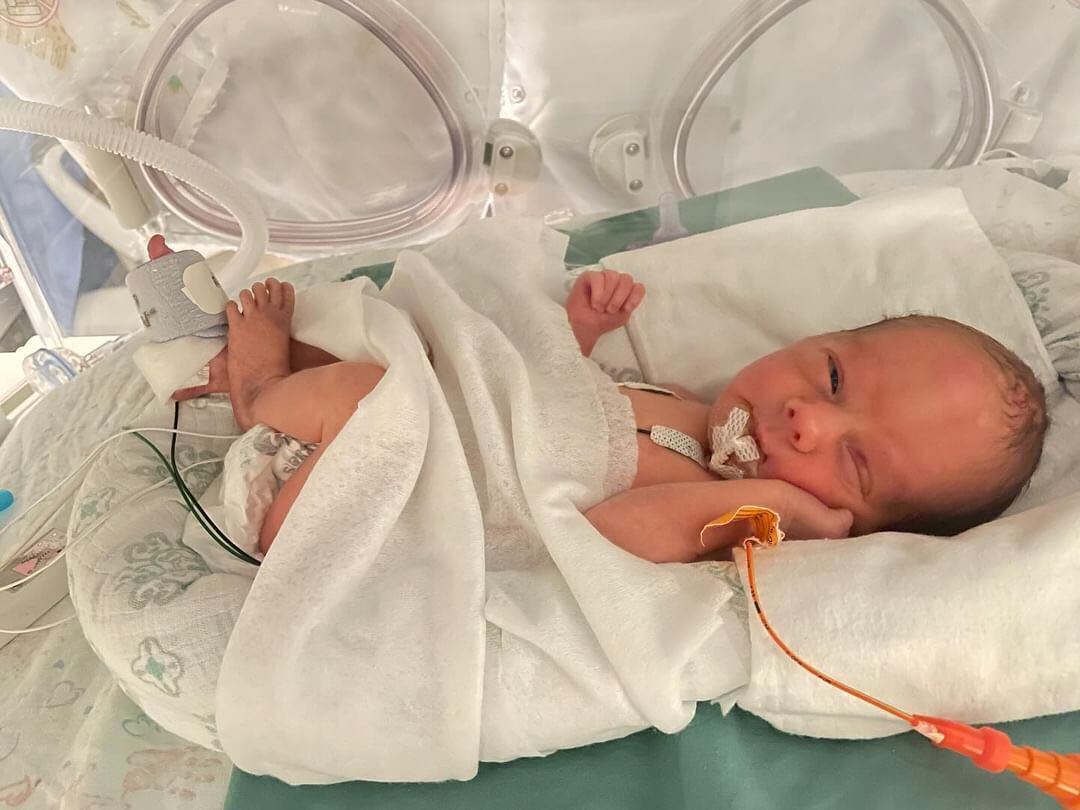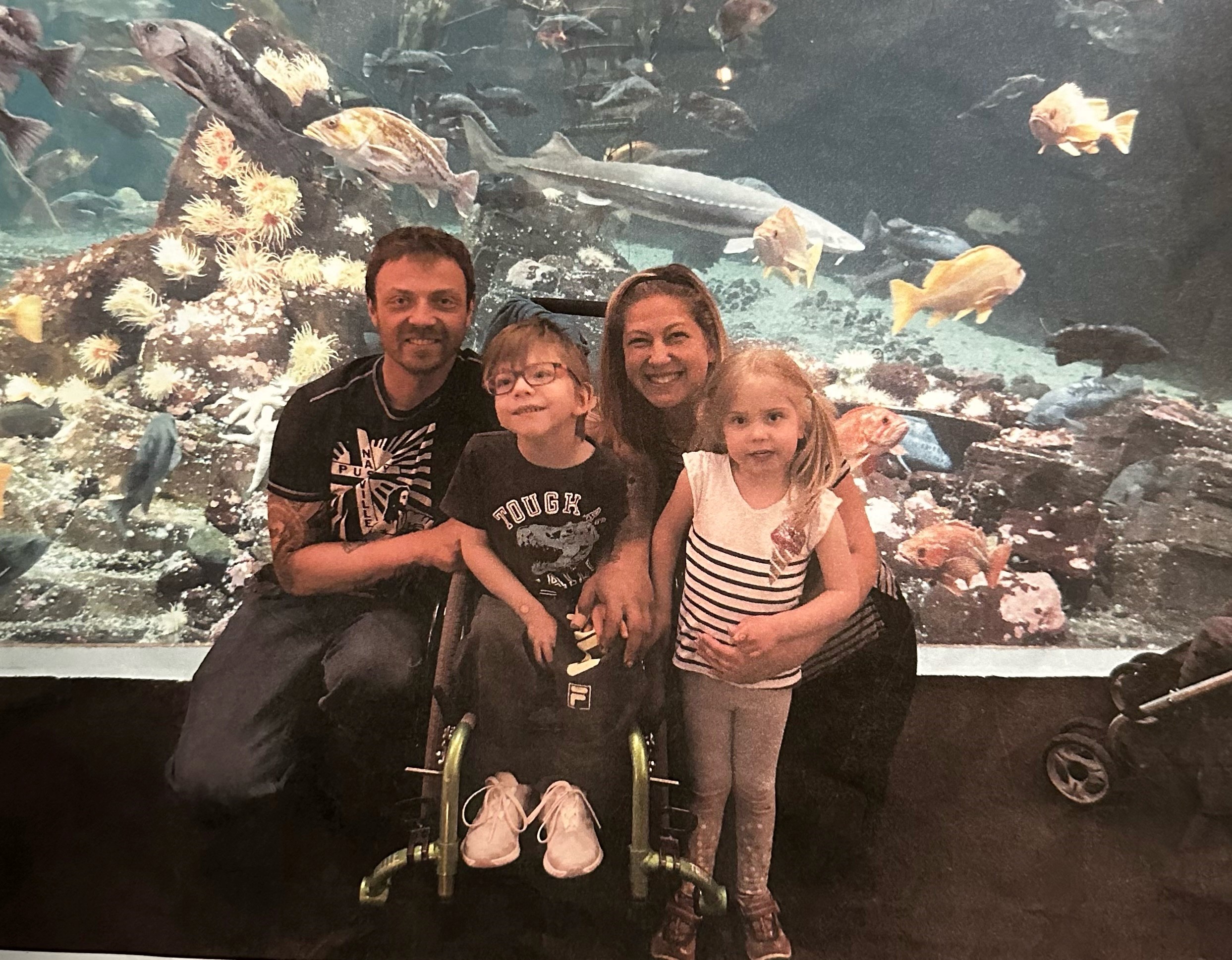
At age 13, I started my periods and three years later the pain from my period was debilitating. Sometimes I vomited, but mostly I’d be writhing in unimaginable pain. No one believed me. I would break out into full-body sweats and was often completely incapacitated. I remember crawling on the floor of my high school trying to make it to the phone to call my Mom.
The severity of my pain varied month to month. During a bad period (around 19 years old), a doctor diagnosed me with Primary Dysmenorrhea, which is defined as painful menstrual cramping with no recognized physical cause. They implied that this was normal. They gave me an injection of gravol for nausea and sent me on my way.
Then, in my twenties, I saw a reputable Gynecologist. They told me, “we haven’t confirmed what causes menstrual cramping pain for women. We think it’s caused by the thickening of the uterine lining… the thicker it is, the more painful it is.” They prescribed me birth control, which decreased my pain, and made my flow lighter and shorter.
When I turned 29, my husband and I wanted to get pregnant, so I stopped my birth control. My pain slowly returned. At the time I was working 45+ hours every week in retail. I chose a different career in an office setting, in an effort to reduce my stress levels. I still couldn’t get pregnant. After two years, I was referred to a Reproductive Endocrinologist for a hysterosalpingogram, an x-ray test that looks at the inside of the uterus and fallopian tubes and the area around them. It showed no blocking in my tubes, or abnormality in my uterus to explain why we couldn’t conceive. They diagnosed me with “unexplained infertility” and recommended I start taking hormones. I was scared. We decided to hold off on the hormones and continue trying a little longer.
Meanwhile, my periods were getting in the way of my new job. I had to start out as a casual worker, with no guaranteed hours. I had already called in sick a few times due to my period. I felt like I was going to be seen as lazy, like someone who couldn’t handle her period, or would use it as an excuse to miss work.
After a few more years of trying everything we could, I was so mad that I had no answers. I saw a gynecologist while we waited for the second appointment with my fertility doctor. They told me my only choice was In vitro fertilization (IVF) or adoption. When I mentioned the possibility of it being endometriosis they said, “We would likely cut you open and burn a bunch of stuff in there, and that’s not going to do you any favours.”
At my second appointment with the reproductive endocrinologist, they suggested Intrauterine Inseminations (IUI), the flushing of sperm directly into the uterus. I did one IUI in March, and it failed. From there, the COVID pandemic led to my clinic closing from April till June. When it reopened, I did three more, and they all failed. In September 2020, I had the worst period pain I’d ever experienced. When I told my best friend about it she said, “Jen, I swear you have endometriosis. You need a referral to Dr. Christina Williams at BC Women’s Hospital.”
I asked my GP for a referral. They discouraged me, warning me there would be too a long wait to see Dr. Williams. I insisted, and they put in the referral. One month later, I did my fifth IUI which again, failed.
In November 2020, I had my Zoom consultation with Dr. Williams. She validated all of my pain and all of my experiences. She was so angry on my behalf. She said I definitely have endometriosis, and that her research shows my symptoms made me three times more likely to have this disease than anyone else. I was crying openly to her. She said, “I wish I had seen you years ago. If not only for fertility purposes, a laparoscopic surgery could have decreased your pain by up to 50 percent.”
Dr. Williams suggested that I should undergo IVF, given my age and my Anti-Müllerian Hormone levels, an egg count test. Surgery would be a six to eight month wait, plus recovery time. This would put me closer to age 37, decreasing my odds of trying to conceive naturally. I went back to my reproductive endocrinologist and told them what Dr. Williams had said. I said, “we would like to go forward with IVF, and it will have to be a protocol suitable for someone with endometriosis.” They didn’t have a response.
I have been made to feel my whole life like I couldn’t ‘handle’ my periods.
Women in my life would say, “Oh yeah you just have your period,” and dismiss it like I was weak for not being able to manage it. All of my doctors, OBGYN’s, and my reproductive endocrinologist never once mentioned endometriosis. This is most likely why I haven’t been able to have a child, after trying for six years. I feel like I’ve had that time taken from me. I’ve had to demand treatment at every step of the way. So today, I’m sharing my story because I don’t want anyone else to have to go through this.
Thank you to the BC Women’s Centre for Pelvic Pain & Endometriosis, for being such a successful force in changing the way our society views women’s health issues.
BC Women’s Health Foundation has launched a $330,000 fundraiser for endometriosis and pelvic pain – learn more and donate today.
Keep reading about how the BC Women’s Centre for Pelvic Pain and Endometriosis is changing the future of endometriosis care across the globe.
STAY ENGAGED
- Follow @PelvicPainEndo
- Share your story
- Donate to research at BC Women’s Centre for Pelvic Pain and Endometriosis
The BC Women’s Health Foundation is BC’s largest non-profit organization dedicated to advancing the full spectrum of women’s health. The information shared on our website or social media is not intended to be a substitute for professional medical advice, diagnosis, or treatment. Always seek the advice of a qualified health provider with any questions about your medical condition.
-
Hope and Healing for BC’s Most Vulnerable
Not all pregnancies go smoothly. Some new moms encounter a multitude of life-threatening challenges. This was ...
Read more -
Immunoassay Analyzer for Newborn Screening
Simply put, early detection through newborn screening is saving lives. Baby Harri was one of the fortunate bab...
Read more -
A Journey of Hope + Gratitude
"You just never know how much you’ll appreciate a great facility like this until you go through something yo...
Read more



